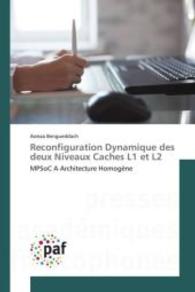Full Description
A fully updated and expanded second edition of this flagship work, which introduces methodological techniques to carry out analyses of text varieties, and provides descriptions of the most important text varieties in English. Part I introduces an analytical framework for studying registers, genre conventions, and styles, while Part II provides more detailed corpus-based descriptions of text varieties in English, including spoken interpersonal varieties, general and professional written varieties and emerging electronic varieties. Part III introduces more advanced analytical approaches and deals with larger theoretical concerns, such as the relationship between register studies and other sub-disciplines of linguistics, and practical applications of register analysis. A new chapter on EAP and ESP has been added, with new sections on the important differences between academic writing in the humanities and sciences, and a case study on engineering reports as an ESP register and genre. Coverage of new electronic registers has been updated, and a new analysis of hybrid registers has been added.
Contents
1. Registers, genres, and styles: fundamental varieties of language; Part I. Analytical Framework: 2. Describing the situational characteristics of registers and genres; 3. Analysing linguistic features and their functions; Part II. Detailed Descriptions of Registers, Genres, and Styles: 4. Interpersonal spoken registers; 5. Written registers, genres, and styles; 6. Academic and professional written registers; 7. Registers and genres in interpersonal electronic communication; 8. Historical evolution of registers, genres, and styles; Part III. Larger Theoretical Issues: 9. Multidimensional patterns of register variation; 10. Register studies in context.







